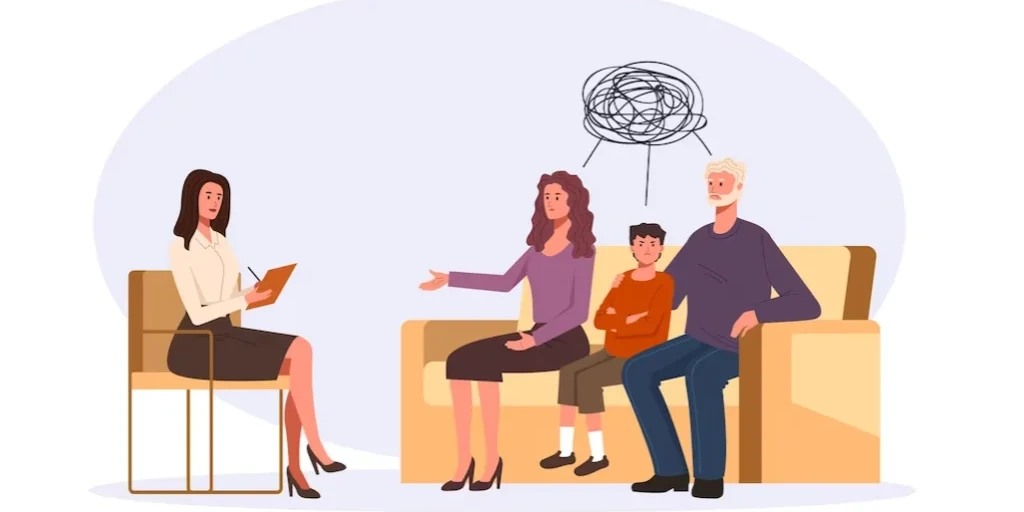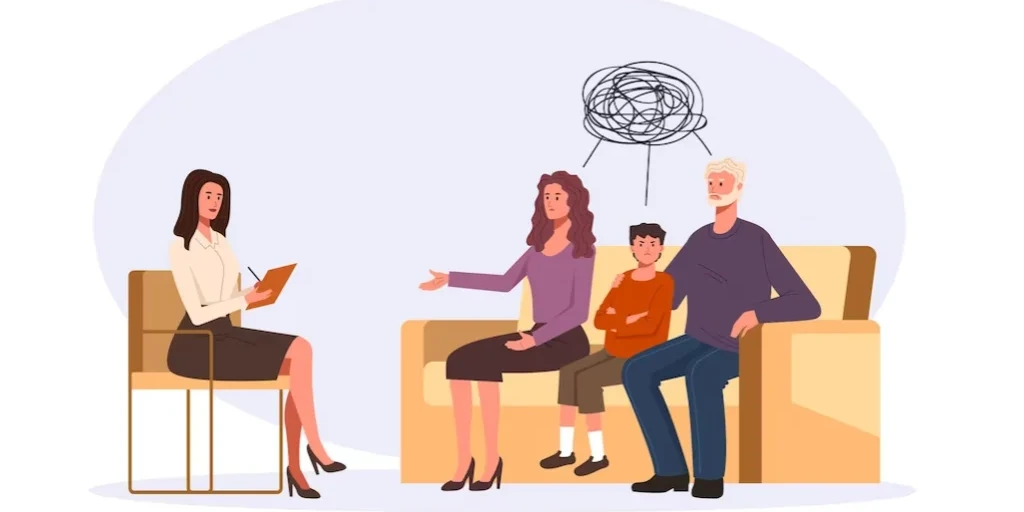24/7 Helpline:
(866) 899-221924/7 Helpline:
(866) 899-2219
Learn more about PTSD Treatment centers in Seven Springs
PTSD Treatment in Other Cities

Other Insurance Options

Sliding scale payment assistance

Highmark

CareFirst

Providence

WellCare Health Plans

Absolute Total Care

Evernorth

EmblemHealth

MVP Healthcare

Sutter

Holman Group

Magellan Health

CareSource

Aetna

Health Net

Self-pay options

United Health Care

Kaiser Permanente

Oxford

Excellus
































